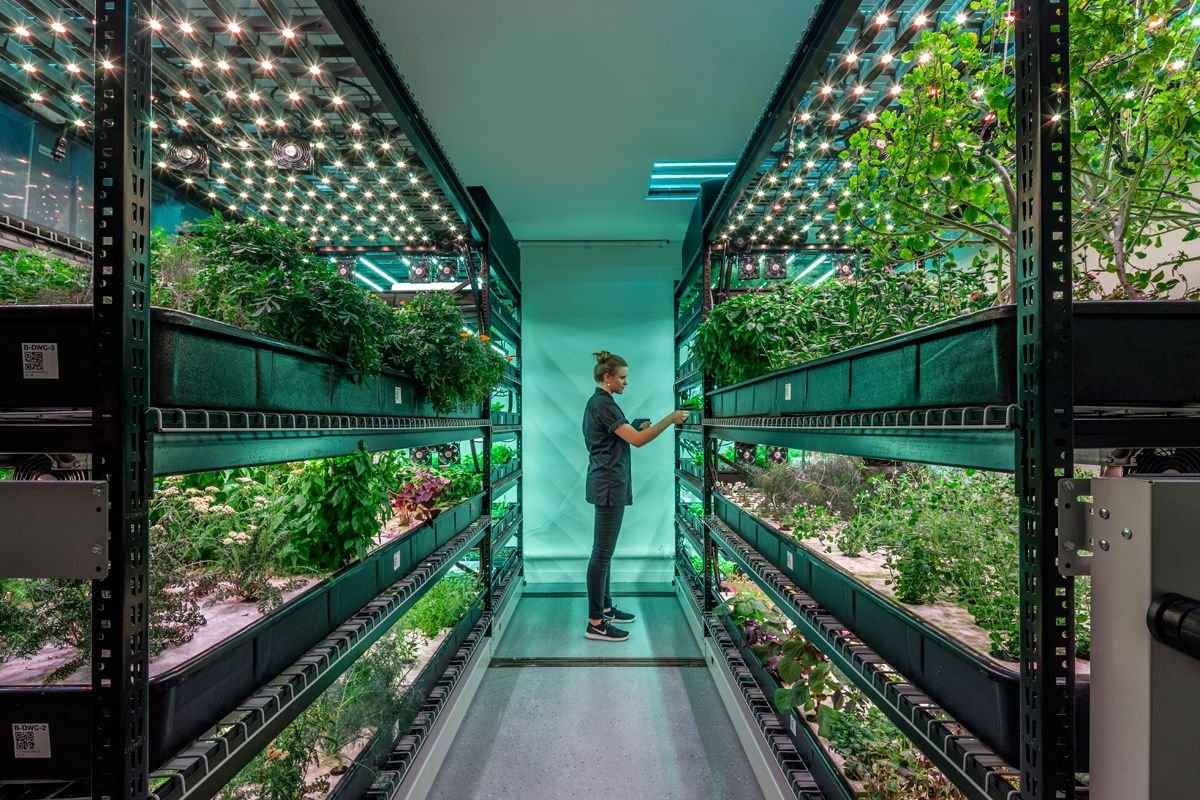Introduction
Sustainability is a key factor driving the growth of the global vertical farming system market. As the world grapples with climate change and food security challenges, vertical farming offers a sustainable alternative to traditional agriculture. This blog explores how vertical farming systems contribute to sustainability and their potential to shape the future of food production.
Sustainable Agriculture
Vertical farming systems are inherently sustainable, as they require less land, water, and energy compared to traditional farming methods. By utilizing controlled-environment agriculture (CEA), vertical farms can produce crops year-round, regardless of weather conditions, reducing the reliance on seasonal farming.
Water and Energy Efficiency
One of the most significant advantages of vertical farming is its water efficiency. Techniques like hydroponics and aeroponics use up to 90% less water than traditional farming. Additionally, the integration of renewable energy sources, such as solar and wind power, further enhances the sustainability of vertical farming systems.
Reducing Carbon Footprints
Vertical farming systems also contribute to reducing carbon footprints by minimizing the need for transportation. Since vertical farms can be established in urban areas, they reduce the distance food needs to travel from farm to table, resulting in lower greenhouse gas emissions.
Challenges and Opportunities
While vertical farming systems are sustainable, they are not without challenges. High energy consumption, particularly for lighting and climate control, remains a concern. However, advancements in energy-efficient technologies and the adoption of renewable energy are expected to mitigate these challenges.
Conclusion
Vertical farming systems are a sustainable solution to the global food crisis. By reducing resource consumption and lowering carbon footprints, they offer a promising future for agriculture. As the market continues to grow, vertical farming will play a vital role in building a more sustainable and resilient food system.

